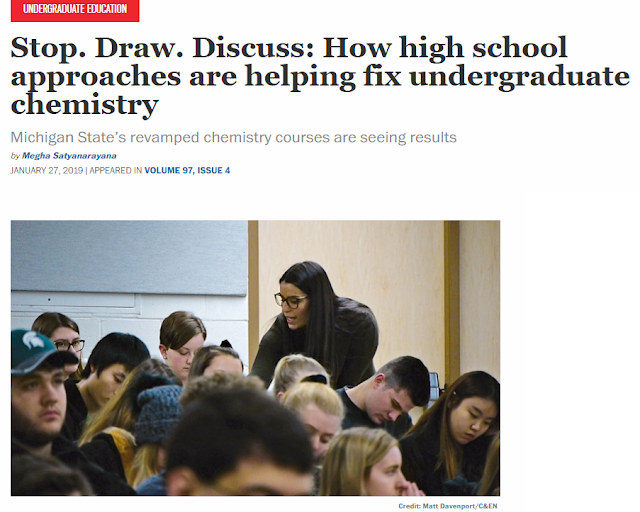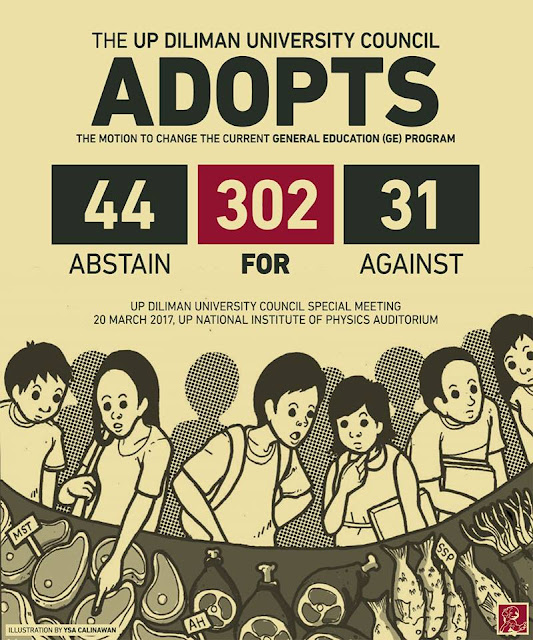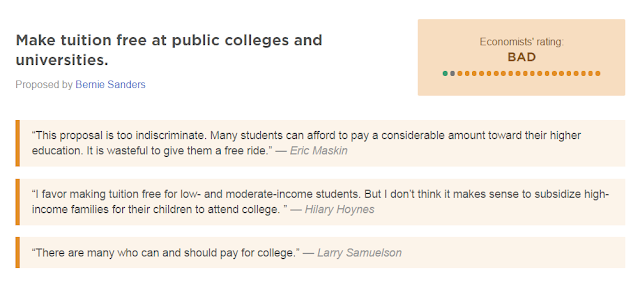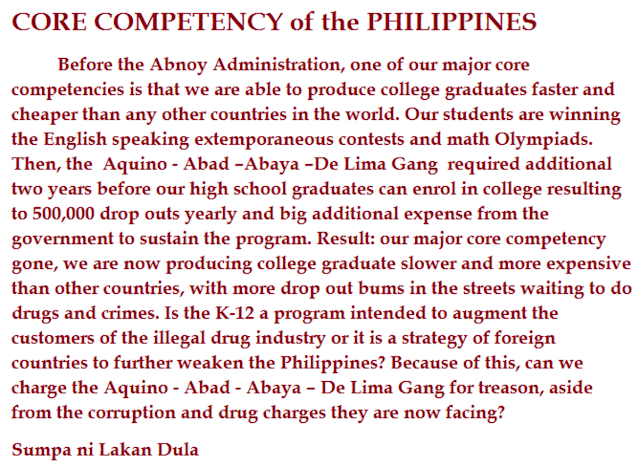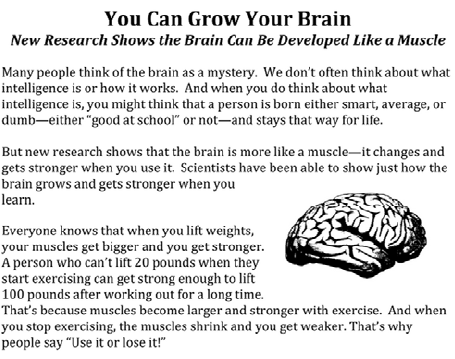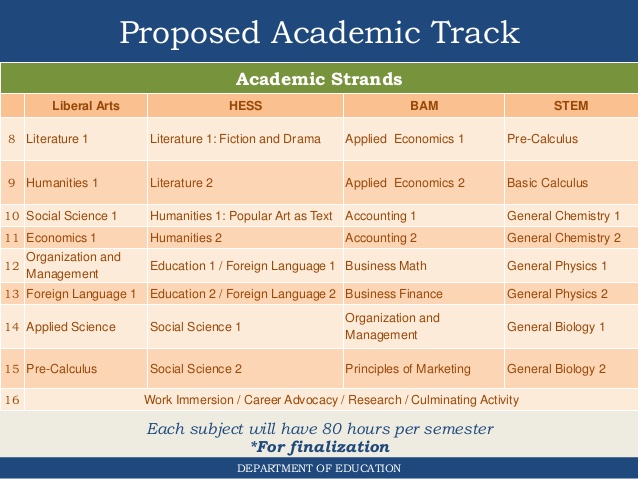The "Preparation Initiative"

"Read on grade level, write legibly, know basic math, distinguish between a claim supported by evidence and an assertion, ask for help, stay organized, and break down a project into smaller parts" complete the list necessary for any level of education. This list is provided by Douglas Reeves in " The Getting Them Ready Myth " at Creative Leadership Solutions. The list as noted by Reeves is not exactly identical with what teachers often do to help prepare their students in the future. Plenty of time is of course devoted to acquiring knowledge in basic education, which is by the way important for reading comprehension. How we comprehend what we read relies heavily on our background knowledge. But what is unfortunately missing are the skills required to thrive in learning: learning to ask for help and making oneself organized. There is a desire to narrow the achievement gap between low-income and high-income children. It is a fact that low-income children have l...
